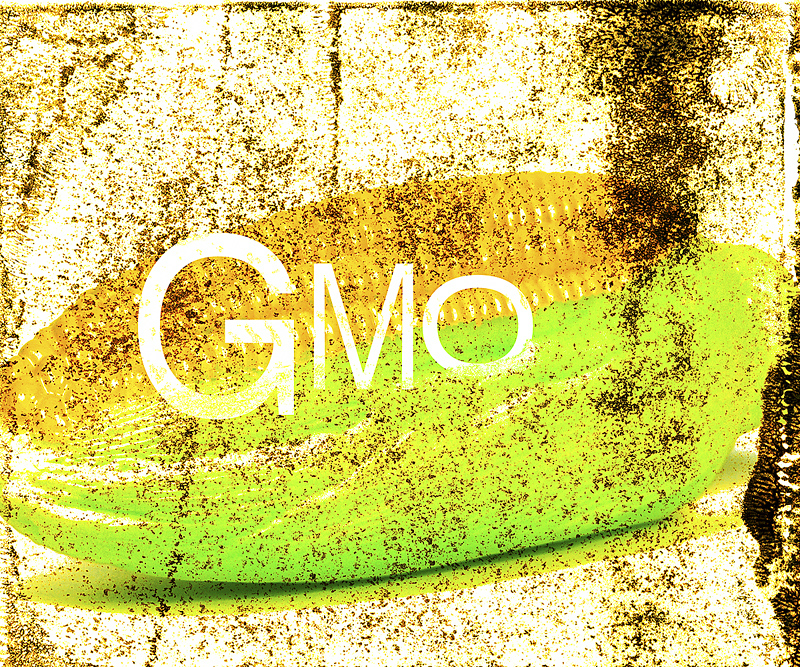
WEDNESDAY, Sept. 3, 2014 (HealthDay News) — In the months after actress and activist Angelina Jolie revealed last year that she had undergone a preventive double mastectomy because of an increased risk for breast cancer, the number of women referred for genetic counseling went up dramatically, a new Canadian study shows.
“When we compared six months before the [Jolie] story to six months after, we found the number of referrals doubled,” said study author Dr. Jacques Raphael, a medical oncology fellow at Sunnybrook Odette Cancer Centre in Toronto. He is scheduled to present his findings Friday at the American Society of Clinical Oncology’s Breast Cancer Symposium in San Francisco.
Raphael and his colleagues evaluated the number of genetic counseling referrals at their center six months before and six months after Jolie made the announcement in May 2013. Jolie had tested positive for the BRCA1 mutation, which greatly increases the risk of breast cancer. She also had a family history of breast and ovarian cancer.
While 487 women were referred for testing in the six months before the Jolie announcement, 916 were referred in the six months after it, the investigators found.
Even more important, Raphael said, was that the quality of referrals remained high — that is, the women who had reason to be tested were the ones seeking it and being referred. The increase was not just due to women concerned about the risk without a family history or other risk factors.
“This is an example of a positive celebrity effect,” he said.
The Canadian finding echoes those of studies done at other centers, both in the United States and in the United Kingdom, Raphael said.
Of the 916 referred after the Jolie news, 437 qualified for genetic testing. That was roughly the same ratio as before, with 213 of the 487 referred qualifying before the news broke.
Raphael can’t say if the effect will be long lasting. He is continuing to evaluate the referrals.
The findings make sense, said Dr. Leonard Lichtenfeld, deputy chief medical officer for the American Cancer Society.
“It’s what we call the ‘Katie Couric effect,’ ” he said, referring to the rise in colonoscopies after the television news personality had an on-camera colonoscopy in 2000 to raise awareness after her husband died of the disease.
What is also important, he said, is that the women at higher risk get to the genetic counselors. “Genetic counseling is a limited resource,” he said. Some small towns, for instance, may not have such counselors.
The Raphael study was funded by Sanofi-Aventis. A co-author, Dr. Sunil Verma, reports consulting or advisory work with several pharmaceutical companies.
In another study presented at the meeting, researchers reported that more than half of 150 women newly diagnosed with breast cancer considered having a preventive mastectomy on the healthy breast immediately after the diagnosis.
The surgery is known as a contralateral preventive mastectomy (CPM). “Many newly diagnosed breast cancer patients are undergoing CPM, but we find many more — over half — are actually considering CPM [at some point] in their decision-making process,” said study author Dr. Katharine Yao, director of the breast surgical program at NorthShore University Health System, in Evanston, Ill.
She is also due to present her findings at the ASCO meeting.
In the end, just 12 of the women chose the CPM.
Those who consider having it, she said, have more anxiety than the other women.
Yao said her study points to the need to do a better job of educating women that the risk of developing cancer in the opposite breast is actually low.
Studies presented at medical meetings are considered preliminary until published in a peer-reviewed journal.
More information
Visit the American Cancer Society for more on genetic testing.
Copyright © 2024 HealthDay. All rights reserved.

